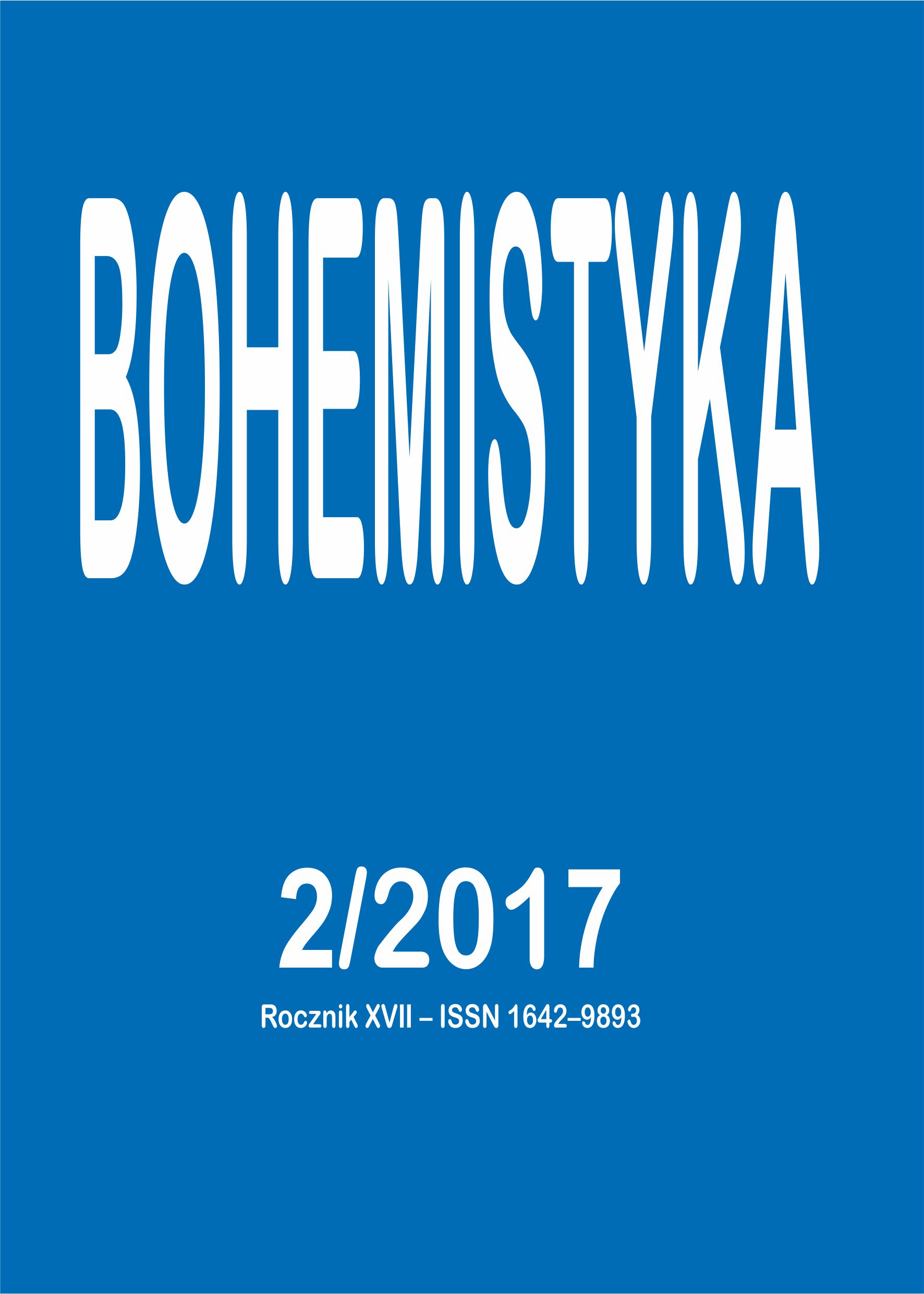Jazyková kreativita při tvoření názvů nových prostředků činnosti
Language creativity in developing
new means of activity articles & researches
Author(s): Markéta MaturováSubject(s): Language studies, Language and Literature Studies, Western Slavic Languages
Published by: Uniwersytet Adama Mickiewicza
Keywords: derivation; composition; names of appliances and tools; neologising
Summary/Abstract: The present article investigates ways in which new words are formed to name objects which do not have established names in the Czech language. In particular the author focuses on vocabulary related to the Dedra e-shop, mainly kitchen appliances and objects related to cooking. The vocabulary is examined through the prism of Jaroslav Kuchar’s seminal study Word Formation in the Czech Language and the author pays attention to all ways of word-formation, including blending. The author concludes that most words in the examined vocabulary were composites, both from local Czech words and hybrids combining a Czech word with a foreign one; derivatives using the “ator” suffix were quite common too. As far as the formal/colloquial level is concerned, some words were neutral while others were colloquial, which – the author points out – seems to have been driven by a desire to be witty. The author also points out that it is not possible to assess how viable the new words will be.
Journal: Bohemistyka
- Issue Year: XVII/2017
- Issue No: 2
- Page Range: 115-125
- Page Count: 11
- Language: Czech

